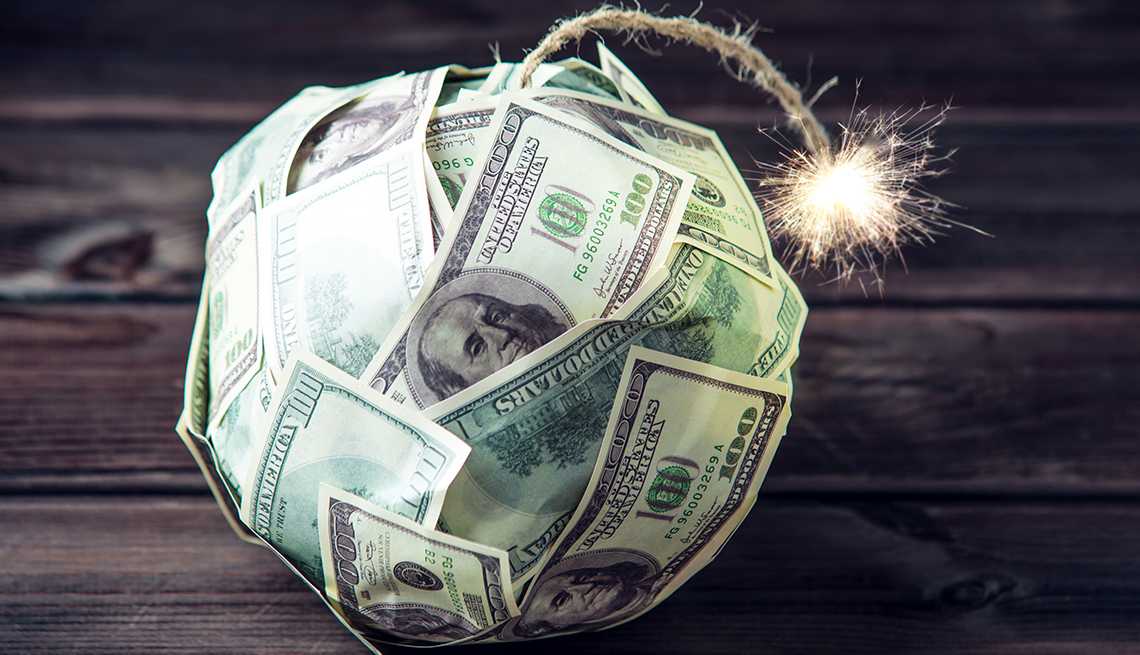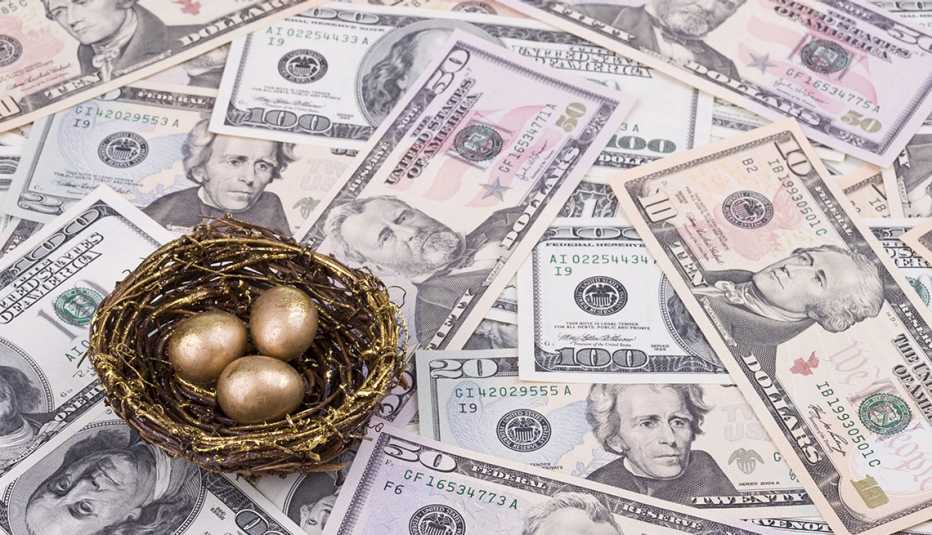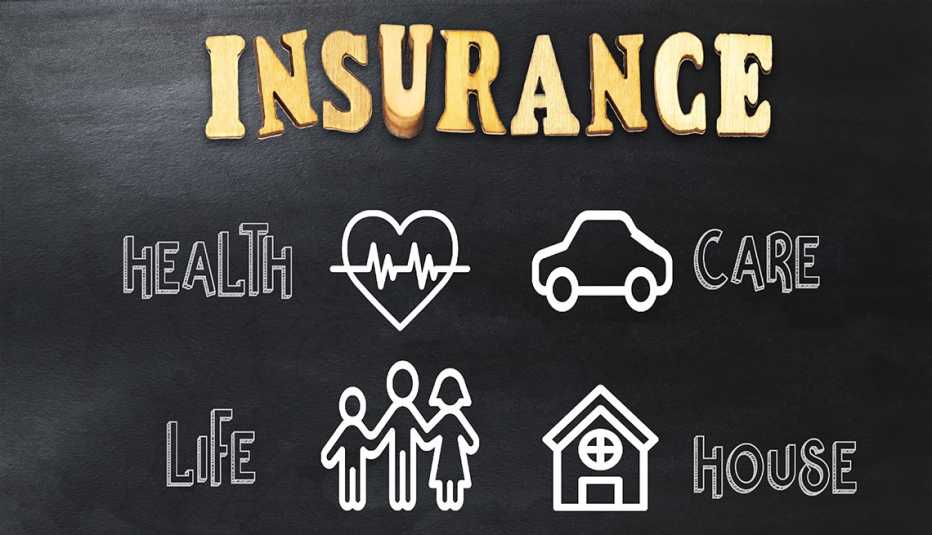Staying Fit
It's natural to want income in retirement. You've spent your whole adult life living below your means and building your portfolio, and the thought of spending it down is terrifying. It is to me, too.
At the same time, it's important not to chase high yields, as tempting as it may be in today's low-interest-rate environment. High yields can mean low returns and, sometimes, massive losses. I've seen people have to return to work or drastically cut their expenses because they built portfolios to produce high income and ended up losing much or all of their principal.


AARP Membership— $12 for your first year when you sign up for Automatic Renewal
Get instant access to members-only products and hundreds of discounts, a free second membership, and a subscription to AARP the Magazine.
Total return (appreciation plus income) is far more important than income alone. Let's take a look at mistakes that people make when chasing income, and what you should do instead.
High-yield dividend stocks
This strategy involves buying stock in large companies that pay above-average dividends, preferably those with long track records of paying dividends. ExxonMobil (XOM), for one, has grown its dividend by an average 6.2 percent annually the past 37 years. The stock now yields 7.82 percent. And Verizon Communications (VZ) stock yields 4.17 percent. It feels so good cashing these dividend checks, and these companies aren't going anywhere, right?
The problem is that companies generally don't have a high-dividend yield because they love to give out money. A stock's yield is its annual dividend payout divided by its current share price. The yield rises if the company increases its dividend, but more commonly, a high yield is a result of a falling stock price.
Sometimes, a high yield signals something far worse. General Electric (GE), for example, was once one of the most valuable companies on the planet. Three years ago, GE stock paid a quarterly dividend of 24 cents a share, and its yield reached 4 percent in September 2017. Today it yields a penny a share each quarter, and that dividend may not be sustained. The stock has lost more than 75 percent of its value.
General Motors (GE) is another sad story of once-reliable dividend payers. I remember the saying “As goes General Motors so goes America.” I'm awfully glad that wasn't true. Though GM exists today, the shareholders were wiped out in 2009 and got nothing.



































































